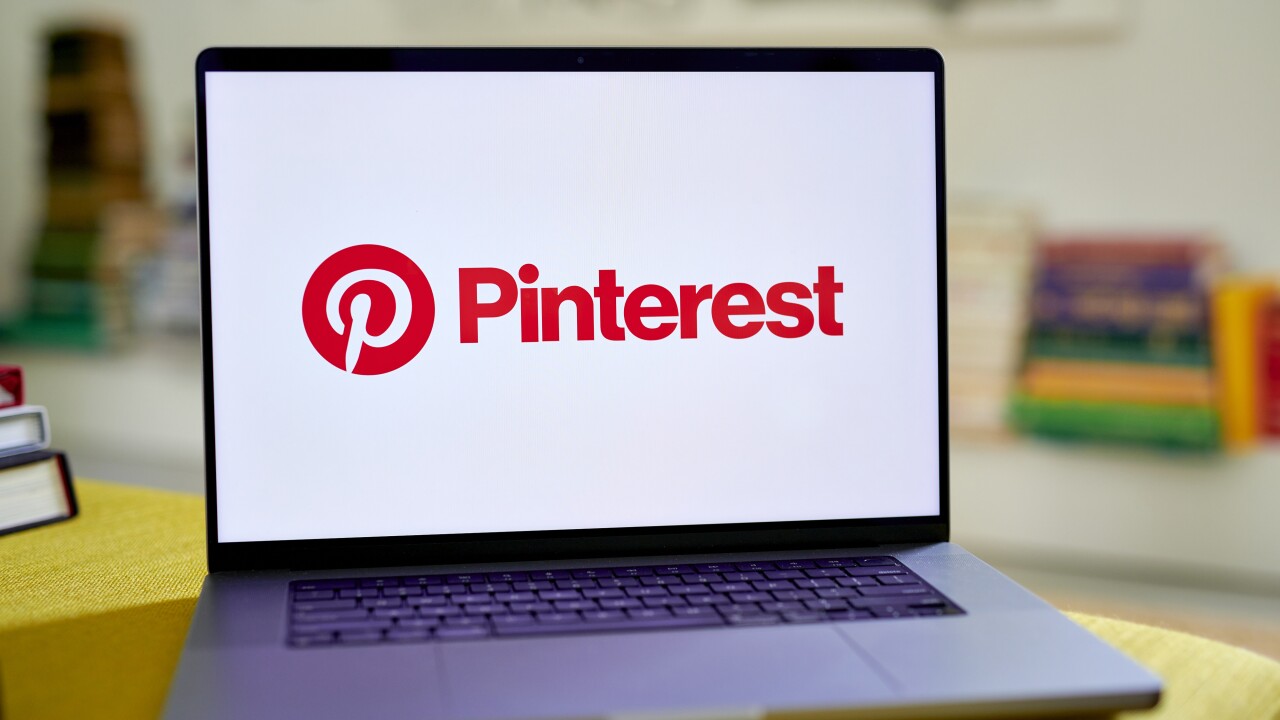The best recognition programs work when the accolades are timely and relevant to the person being recognized. It's an area where many managers struggle. Bob Nelson, Ph.D., author of "1501 Ways to Reward Employees," talked to EBN about the challenges employers have with rewards and recognition, why old-school strategies like years-of-service awards just don't work and why Generation Y seems to need so much feedback.
EBN: What are some of the biggest challenges employers have with rewards and recognition?
Nelson: The biggest challenge with formal programs is that, at most organizations, the number of people who've been nominated and received those awards is typically a very small percentage, maybe 1% or 2% of all employees. I don't know any organization that can move the motivation of the middle just by calling out the performance of the top 1%. You've got to get more into everyone's job and everyone's tie to the vision and purpose of the organization.
The other challenge with formal recognition and reward programs is that they tend to go stale. The longer they've been around, the more likely they've lost their relevance, excitement and buzz, so you've got to have the diligence to keep it fresh.
Most formal programs are done infrequently. Traditionally, it's at the end of the year. We know the best recognition works when it's more timely and immediate. The timing of formal programs tends to be off. Even if it's done on a quarterly basis, it's still not as powerful as the recognition somebody gets when they finish the job they've been working hard at and get thanks from someone they hold in high esteem. There's a place for the formal, but it's a declining place in today's fast-moving, high-tech work environment.
EBN: You're not a fan of years-of-service awards, employee of the month awards or even monthly birthday celebrations, saying they do nothing to address people's behavior. What's wrong with that approach to recognition?
Nelson: They're knee-jerk easy. Everybody has a birthday. How nice - until you find out there's not a lot of people who want to celebrate their birthday at work, they don't really care to have people know how old they are, they stopped counting at 29. Forcing recognition they don't want on people gets you the opposite result of motivation. Birthdays aren't tied to performance, so I'd take that one off the table.
Years-of-service awards is an industry in this country; 92% of organizations have years-of-service awards. Personally, I've never met anyone who's stayed a day later [with their employer] to get their 10-year pin. But there's a lot of money, effort and time put into these programs. It's misdirected.
It's nice to recognize people's tenure, but it's more important to acknowledge the work they did. To honor people just for the length of time they've been around often ends up creating a culture of entitlement. It would suffice to do something thoughtful, like a scrapbook of the person's decade with the company and everyone gets a page where they talk about their working relationship with the person. You want to acknowledge years of service, but not necessarily reward it with stuff, is my belief.
Employee of the month is performance-based; unfortunately, that becomes a joke in most places. You get people sitting around a conference table saying, 'What about Betty?' and 'She got it in February; can't pick her again.' If you want everyone to be excellent you've got to set it up so everyone can be excellent, not just one person.
Kentucky Fried Chicken is a good example of one that does work. At their corporate office they have employee of the month, but there's no limit on how many people can be honored. The criteria [are] very clear. There are four values, and if you do those four things you get named employee of the month. Sometimes there [are] 10, sometimes there [are] 20. Then, once a month, employees who play musical instruments bring them to work and serenade that month's top performers. The buzz becomes, 'How do you get on that list?' That's what you want. You want people talking about performance, you want to be exciting and want people to strive toward that recognition.
EBN: The latest edition of your book contains a new chapter on the millennial generation. How is this generation different when it comes to rewards and recognition? What do they look for that other generations don't?
Nelson: One of the defining [characteristics of] millennials is they expect recognition on a daily basis. Not once a year in a performance review, but on a daily basis. That's what they grew up with - immediate feedback. The expect to hear if they did it right, if you were pleased and if you recognized the fact they spent the entire weekend on it or had a creative approach. They definitely expect that to be called out, and if it's not, they think something's wrong. So, it's important to find ways to acknowledge this generation on a daily basis - not made-up artificial recognition, but as it truly relates to the job they're doing.
Now, all of that doesn't have to fall on the manager. It could come from a colleague or even a client, but to set up the connections to get that feedback is more important to this generation.
For boomers faced with that, your knee-jerk reaction is, 'They're spoiled, they were overly praised as kids, and I'm not going to coddle them.' But that's a misdirected answer. The realization from my talks with millennials is that it's not that they have frail egos, it's that they're smart enough to know that in the fast-moving times most of us work in you need a steady information stream coming back to you to help you direct your efforts - to both validate and learn from - because what your boss might want from you tomorrow might be different than what they asked of you yesterday. And the only way to be sure you're on point is to get the feedback from the person you did it for. So it's a very practical thing, it's not a puffery thing.
EBN: Recognition seems very elusive and difficult to measure. What types of metrics should employers use to measure these programs and what advice would you have?
Nelson: One example is the link between recognition and retention. Maritz Inc. was able to quantify that if someone works in a culture of recognition, they're seven times more likely to stay working in their job than someone who isn't in a culture of recognition. The challenge with motivation ... is that it's an internal construct, so you have to get inside people's heads to see how it affected their behavior and performance. Most companies do that through employee surveys or they use a consulting firm.
EBN: You tell an interesting story about Best Buy and Circuit City and how they approached the recession in terms of their workforces. Can you share that?
Nelson: When Best Buy hit the recession, they took the view that their people were an investment and they needed to get more out of their people. For the first time ever they set up an online suggestion mechanism. They could've done it at a different time, but that crisis brought it to bear right then. In the first three weeks they got 900 suggestions that saved them a lot of money, depending on how they handled them. Best Buy's approach called on the discretionary energy of their people to generate ideas.
Circuit City took the approach that people were their biggest cost. They laid off 3,000 employees - a whole strata of their retail clerks - and replaced them with people making half as much and they didn't train them. It looked really good on paper unless you were a customer looking for someone to help you. [In 2009, Circuit City went out of business].
If you're serious about what people can do to make the company a better place to work, improve service, streamline processes - that's a very active thing you want everyone working on every day. That means you talk about it, engage them, acknowledge them and thank them.





